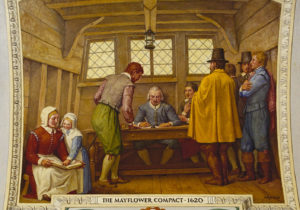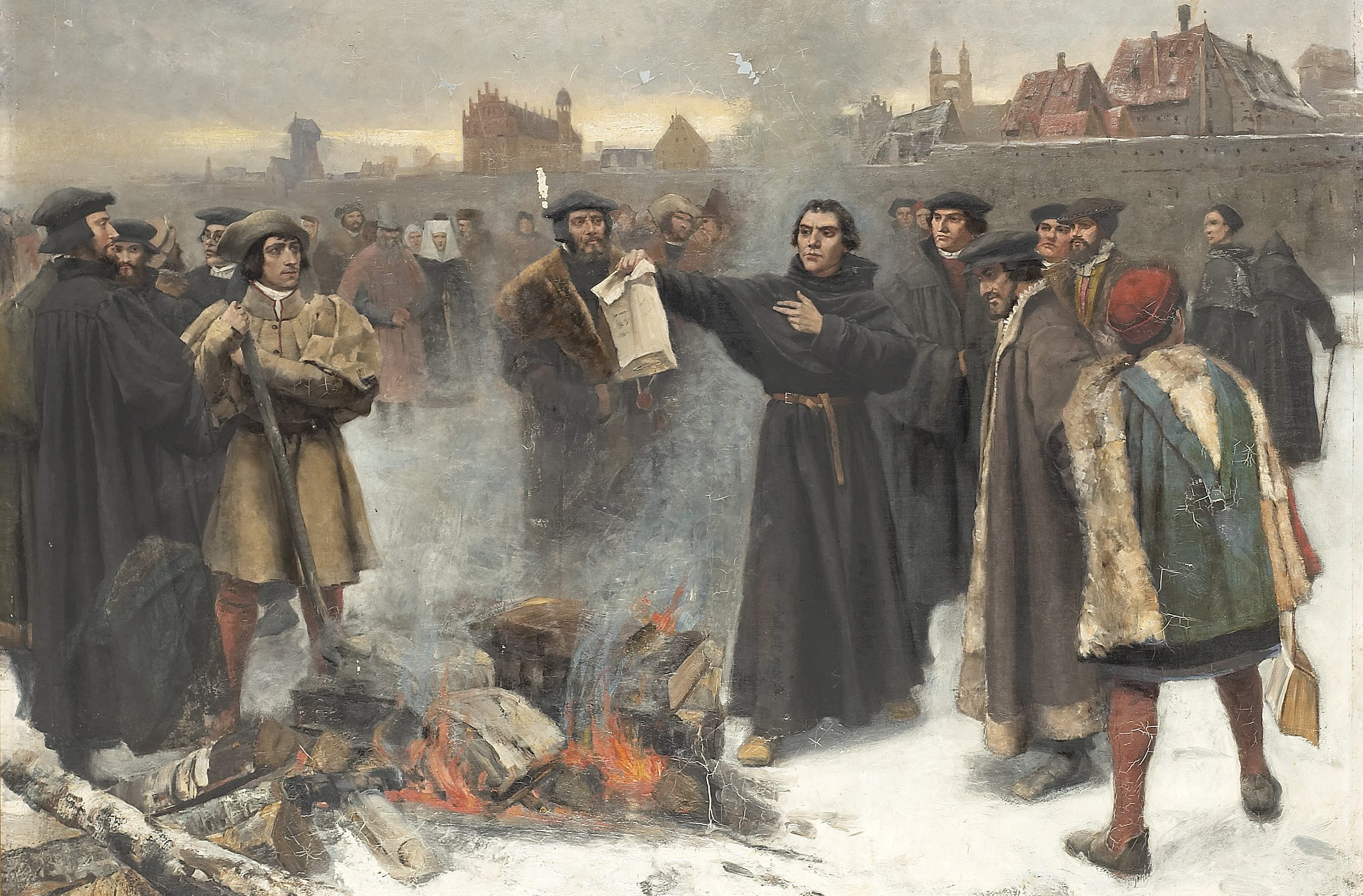Stop Making History A Weapon
We must learn not to be contented with nuggets of simplified history that reinforce our existing views
Cory HigdonAugust 31, 2023
America’s Theological Social Contract: The Mayflower Compact
At a time when some challenge the morality and religious character of America’s first founders, the plain facts of the 1620 Mayflower Compact, a theologically informed social compact for believers and non-believers alike, remind us of the good seeds planted in our shared past.
Eric Patterson & Rebecca BlessingNovember 25, 2020
Our Dual Heritage of Freedom: Reformation & Enlightenment
This article, delineating the two kinds of freedom found in the tradition of Western civilization, was originally published in Christianity and Crisis on October 19th, 1942. Editor Henry P. Van Dusen clarifies the two strands of freedom that have developed in European thought. One comes from the Protestant Reformation, a freedom that comes as a result of being created in God’s image and the rights that entail; the other comes from the Enlightenment, a freedom that is intrinsic to man’s nature and “self-evident,” something that is somehow apparent to all.
Christianity & Crisis MagazineSeptember 21, 2017




 Sponsor a student for Christianity & National Security 2024
Sponsor a student for Christianity & National Security 2024